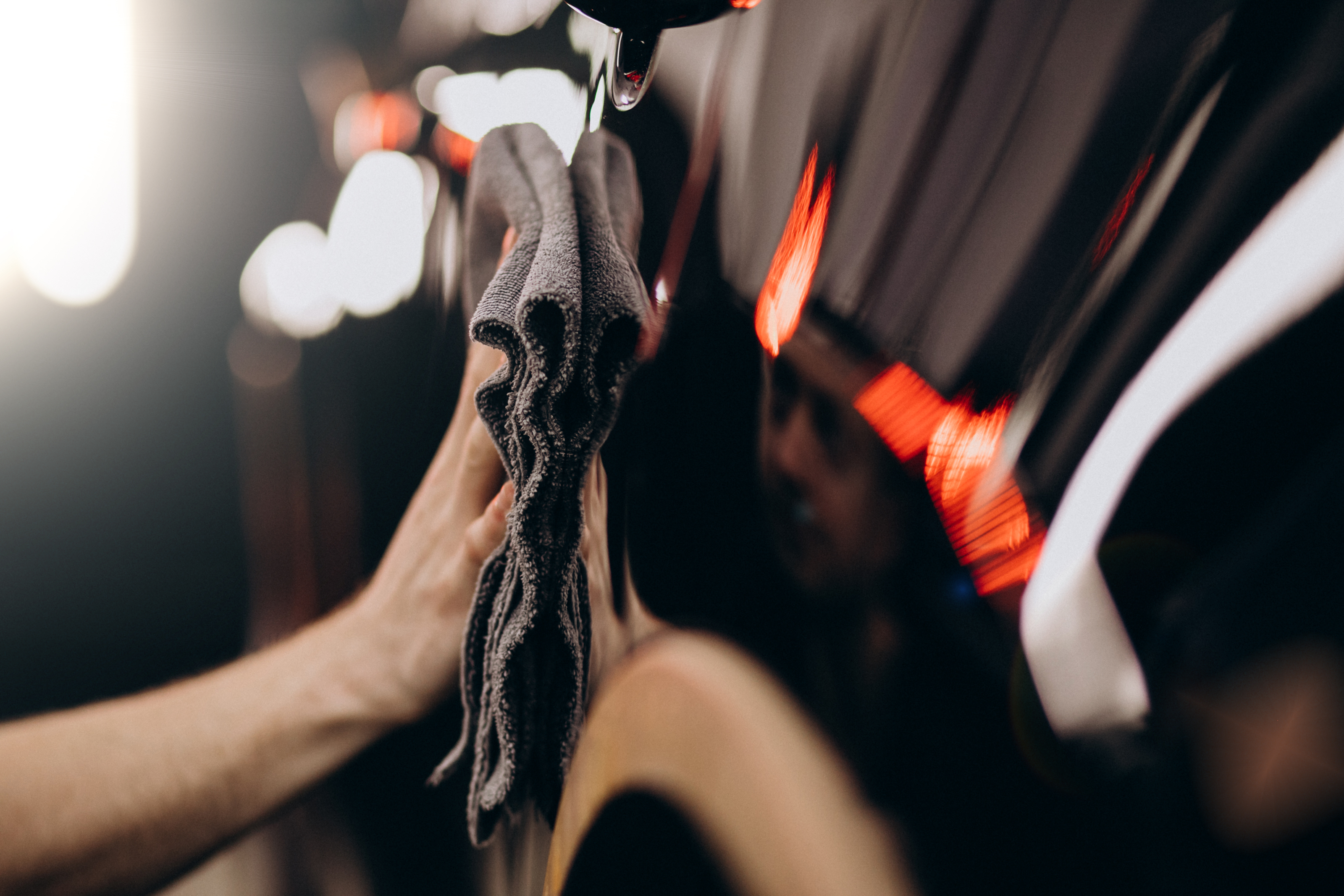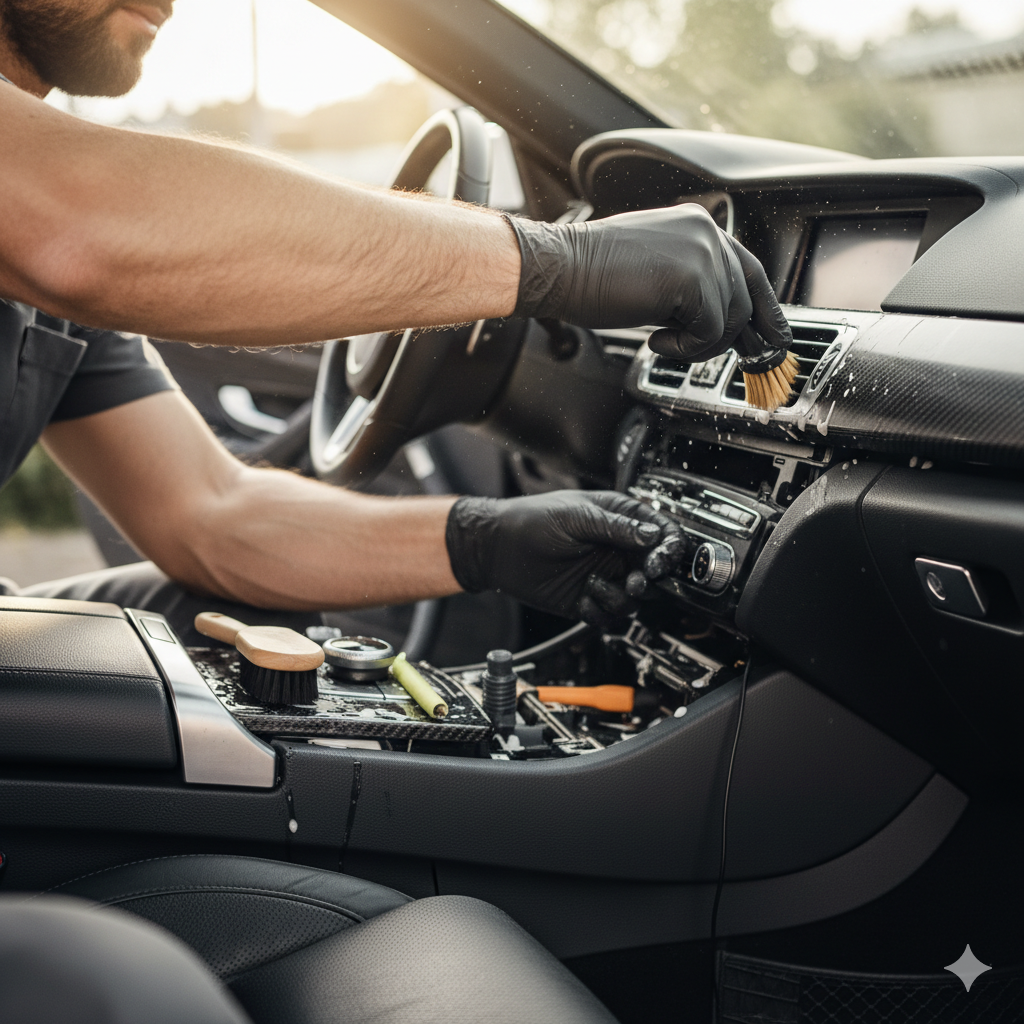How Long Should It Take to Detail a Car: Factors to Consider
Many car owners wonder how long it should take to detail a car before starting their cleaning project. The time required depends on several key factors that influence the process. Professional car detailing solutions consider vehicle size, current condition, and the desired level of detail. Interior and exterior work require different amounts of time and effort. This guide breaks down the key factors that determine detailing duration.
Vehicle Size
Vehicle size directly affects how long it should take to detail a car completely. Larger vehicles, such as SUVs and trucks, have a larger surface area that requires more thorough cleaning and polishing. Small cars typically take 2-4 hours for basic detailing, while large trucks may need 6-8 hours. Every surface requires careful attention to achieve good results. Our team handles vehicles of all sizes with the same level of care and attention to detail.
Current Condition
The car's current condition determines the amount of work required. Checking the paint for scratches, swirl marks, or fading helps plan the right approach. Interior stains, odors, or heavy wear require extra cleaning time. Wheels with brake dust buildup or tire browning need special treatment. Glass with water spots or streaks requires specific cleaning methods to restore clarity.
Level of Detail Needed
Understanding what level of detailing you want helps determine the time needed. Basic wash and vacuum services take less time than full paint correction. Some customers want simple cleaning while others need complete restoration. Addressing paint problems, restoring interiors, or improving overall appearance takes different amounts of time. Our team tailors its approach to meet your specific needs and goals.
Interior Vs. Exterior
Interior and exterior detailing require different time commitments and techniques. Interior work involves several important steps:
- Deep vacuuming of seats, carpets, and crevices
- Spot cleaning upholstery and treating stains
- Conditioning leather surfaces to prevent cracking
- Cleaning air vents, cup holders, and detailed areas
Exterior detailing includes washing, a clay bar treatment to remove dirt, polishing for a shine, and waxing for protection. Exterior work often takes longer due to the need for paint correction and multiple product applications.
Equipment and Products Used
The tools and products used affect both the quality and the time required. Professional equipment, such as steam cleaners, polishers, and powerful vacuums, works faster than basic tools. High-quality cleaning products remove dirt more effectively and last longer. Microfiber cloths and special brushes clean surfaces without causing scratches. Using the right equipment for each job saves time while delivering better results.
Experience and Skill of a Detailer
The detailer's experience and skill level significantly impact timing and results. Experienced professionals work more efficiently and are familiar with the best techniques for each situation. Here are four key reasons why skill matters:
- Surface Knowledge: Understanding different materials helps choose the right cleaning methods
- Paint Correction Skills: Knowing how to polish and buff properly restores vehicle shine
- Attention to Detail: Careful work and thorough cleaning produce high-quality results
- Problem-Solving: Experienced detailers handle unexpected issues quickly without delays
Skilled detailers complete jobs more efficiently while maintaining high-quality standards. They know which products work best for specific problems and can adjust their approach as needed. This experience leads to better results and more satisfied customers.
Related Topics:




